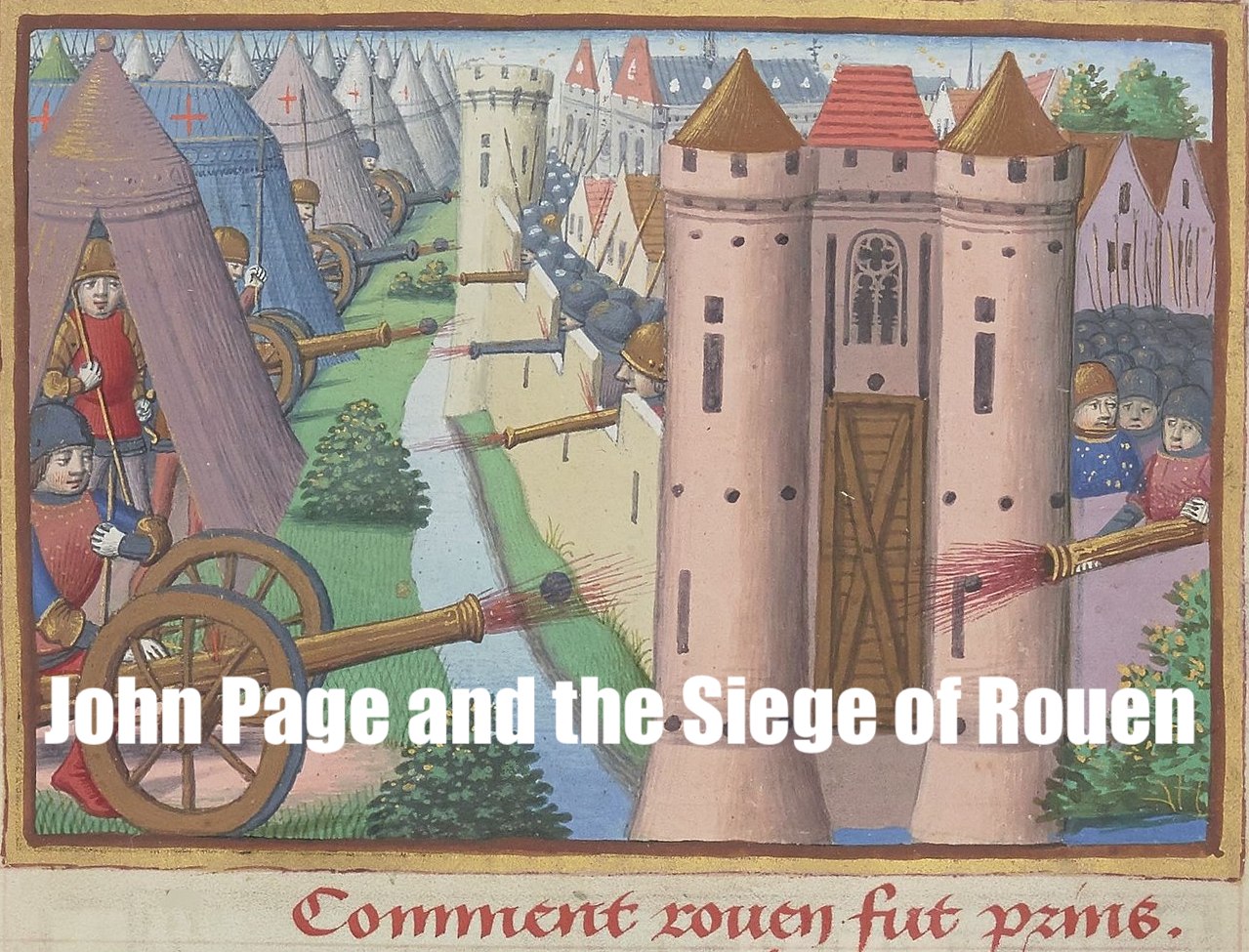
"The Siege of Rouen depicts Henry V's brutal siege of Rouen, highlighting the conflict between national pride and human compassion through John Page's poignant poetic account."
"Amid the siege, the citizens of Rouen, overconfident and unprepared, invite refugees into the city, leading to a dire shortage of food and desperation."
"John Page's poetry reflects on the grim realities of war, contrasting his fierce loyalty to Henry V with an overwhelming sorrow for the innocent victims trapped during the siege."
"Henry V's Siege of Rouen serves as a stark reminder of the brutalities of conquest, stripped of the glory of battle, focusing instead on the human costs involved."
The Siege of Rouen encapsulates Henry V's harsh siege of Rouen during 1417-18, through the eyes of eyewitness John Page. Comprising thirteen hundred rhyming couplets, the poem explores the conflict between national loyalty and human agony. As the English army laid siege, they cut off vital supplies to the city's citizens, who faced starvation after overcrowding with refugees. Page’s work examines the moral dilemmas and suffering experienced during this crucial yet brutal episode of the French conquest, invoking deep empathy for the innocents caught in the conflict.
Read at Medievalists.net
Unable to calculate read time
Collection
[
|
...
]